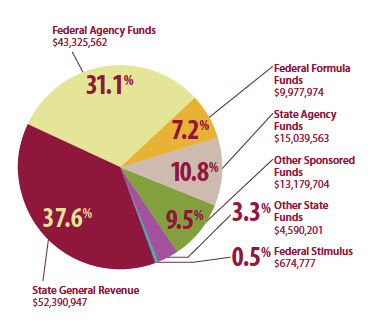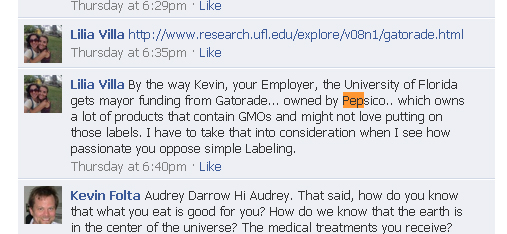Opposition to the Newest Apple Product

Sorry tech geeks. This is about fruits, not phones. The Arctic Apple is a new product currently undergoing regulatory approval in the United States and Canada. It was developed by a small biotech company in Summerland BC, Canada, so save the Monsanto comments. It is a non-browning apple, created using transgenic technology (probably cisgenic). Browning is a reaction to damage. This can be cutting or bruising. An enzyme called polyphenol oxidase (or PPO) mediates this process. Without PPO, no browning occurs. A silenced gene inhibits browning. A great development for growers and consumers. Apples have four PPO genes. In the Arctic Apple these genes are silenced, likely using RNAi technology. In a very basic explanation, the native apple PPO gene is expressed in a way that causes the other PPO genes to be shut down. The potential benefits? The details are here . Huge amounts of apple fruits are c...


